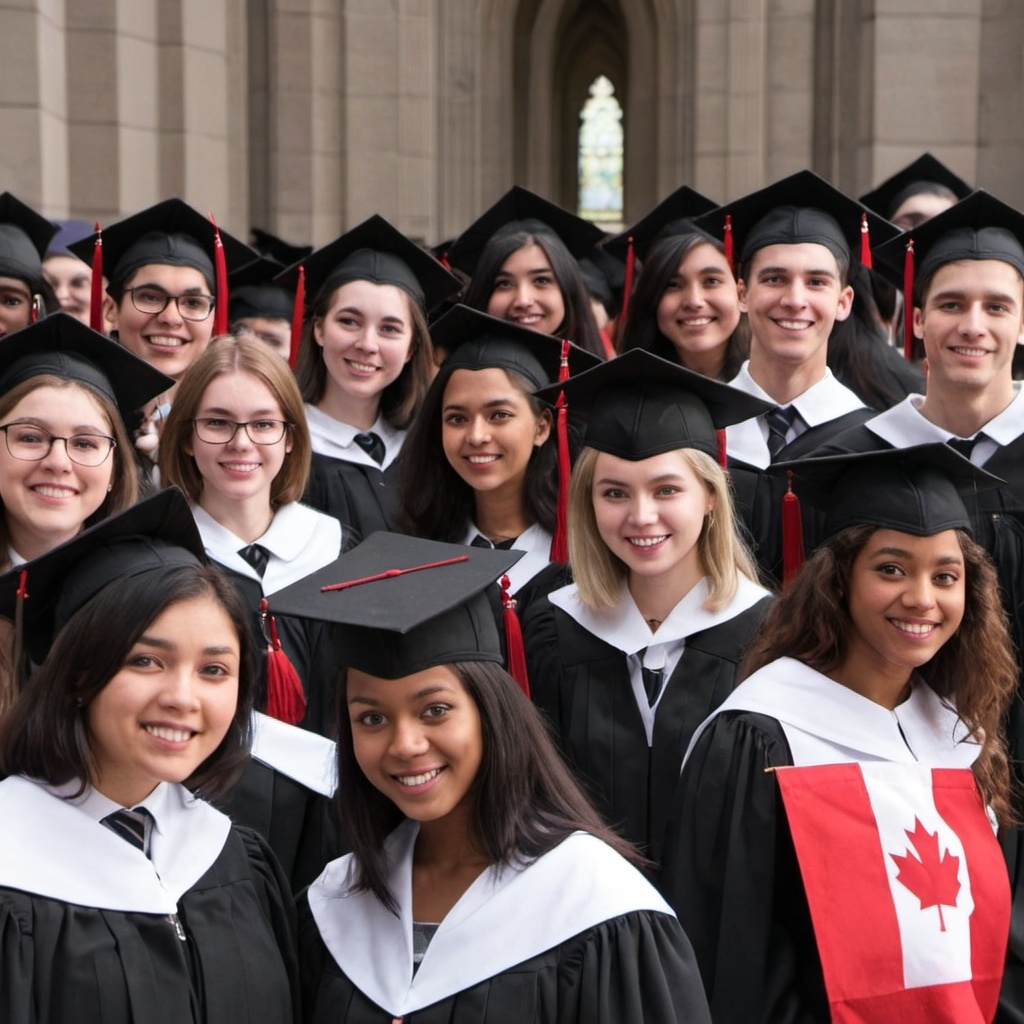Canada offers a variety of scholarships for both domestic and international students, covering undergraduate, graduate, and postgraduate studies. Here’s an overview of the scholarship process in Canada:
1. Types of Scholarships
- Government-Funded Scholarships: These are provided by the Canadian government or provincial governments.
- Examples: Vanier Canada Graduate Scholarships, Banting Postdoctoral Fellowships.
- University-Funded Scholarships: Offered directly by Canadian universities based on academic merit, financial need, or specific criteria.
- Examples: Lester B. Pearson International Scholarship at the University of Toronto, President’s Scholarship for World Leaders at the University of Winnipeg.
- Private and Non-Governmental Scholarships: Provided by private organizations, foundations, or companies.
- Examples: Trudeau Foundation Scholarships, FINCAD Women in Finance Scholarship.
2. Eligibility Criteria
- Academic Excellence: Most scholarships require a strong academic record.
- Field of Study: Some scholarships are specific to certain fields, like STEM, arts, or business.
- Nationality: Some scholarships are open only to Canadian citizens or permanent residents, while others are available to international students.
- Financial Need: Need-based scholarships require proof of financial hardship.
- Community Involvement and Leadership: Many scholarships consider extracurricular activities, community service, and leadership roles.
3. Application Process
- Research: Start by researching available scholarships. Websites like ScholarshipsCanada or the official websites of Canadian universities are good places to begin.
- Prepare Documents: Commonly required documents include transcripts, letters of recommendation, personal statements, proof of financial need, and sometimes, a research proposal (for graduate scholarships).
- Application Deadlines: Deadlines vary depending on the scholarship. Government-funded and university-specific scholarships often have early deadlines, so it’s important to start the process well in advance.
- Submit Applications: Applications are typically submitted online through the scholarship provider’s website. Ensure all documents are complete and submitted before the deadline.
- Interviews: Some scholarships may require an interview, especially those based on leadership or community service.
4. Popular Scholarship Programs
- Vanier Canada Graduate Scholarships: For doctoral students with strong leadership skills and a high standard of scholarly achievement.
- Lester B. Pearson International Scholarship: For international students at the University of Toronto, covering tuition, books, and living expenses.
- Ontario Graduate Scholarship (OGS): For graduate students in Ontario, open to both domestic and international students.
5. Tips for Success
- Start Early: Scholarship applications can be time-consuming, so it’s crucial to start early.
- Tailor Your Application: Customize your application to match the scholarship criteria, highlighting relevant achievements and experiences.
- Seek Help: Use resources like university advisors, scholarship offices, or online forums to get guidance on the application process.
- Apply Widely: Apply to multiple scholarships to increase your chances of success.
If you have a specific field of study or a university in mind, I can help you find more tailored scholarship opportunities.
4o



